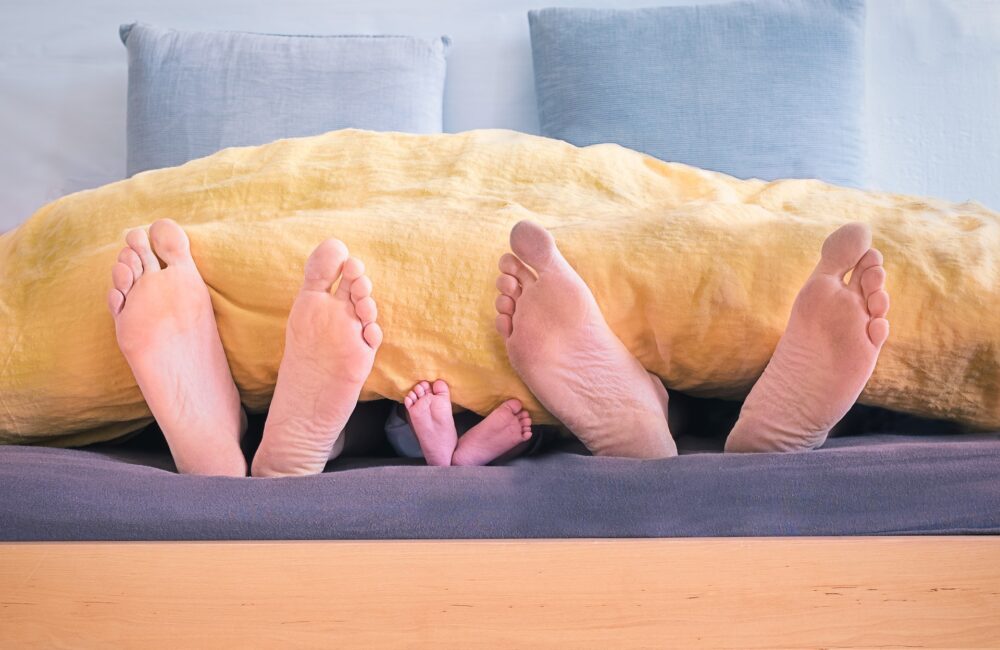6 Ways to Boost Your Libido
Have you been feeling like your sex drive is disappearing? Maybe sex has been the last thing on your mind lately, and you can’t figure out why. Many people think libido tanks once they age, but that’s not necessarily the case. In fact, it’s normal for your libido to increase and decrease depending on what’s happening in your life. But it’s still frustrating when you feel like you’re not on track. Here are a few ways to get your mind back in the mood for sex.
1. Exercise Regularly
Regular exercise has innumerable benefits for your body and mind, including your libido. Exercise improves your cardiovascular health, body image, mood, and hormonal systems. It doesn’t really matter what you do to get your heart pumping as long as it’s something you enjoy. If high-impact workouts aren’t your thing, take up jogging, long walks, or yoga.
2. Take Care of Your Body
In addition to exercising, eating well will positively impact your mood and bodily health. Ensure you’re getting a well-rounded diet with plenty of fruits and vegetables. Consider eating libido-boosting foods such as dark chocolate, avocados, whole grains, and zinc-rich foods.
Also, make sure you’re getting a good night’s sleep. People with sleep disorders such as insomnia often report sexual dysfunction. Talk to a doctor if you have serious trouble sleeping.
Other behaviors that affect libido are smoking cigarettes and drinking heavily. Those who quit smoking often have a sharp increase in their libido. And avoid drinking on nights you’re planning to have sex—it can suppress your sexual function.
3. Look at Your Relationship
Has your relationship been filled with conflict lately? Do you feel like you’ve been pulling more weight around the house? Has your partner perhaps relied on you for support while ignoring your own needs? All of this can tank your libido. Think carefully about whether your relationship has brought you joy lately. If not, talk to your partner. Be honest about how your conflict and communication have affected your desire for sex. This can boost your sexual chemistry and get you more in the mood.
4. Understand Your Arousal
If you don’t pay attention to your own body, you might have trouble wanting sex. Make sure you know what turns you on and what feels good. Take some personal time to get to know your body and your fantasies both solo and with a partner. This means masturbating, experimenting, and having an open dialogue with your sexual partners.
5. Make Sex a Priority
It might not sound sexy to schedule intimate time with your partner, but it’s one way of putting sex on the forefront of your mind. When you’re both busy and caught up with the stressors of everyday life, sex gets put on the back burner and eventually forgotten about until you’re emotionally and sexually frustrated. Putting sex on the schedule and blocking out all distractions means you can begin to relax and anticipate your special time for intimacy.
6. Address Your Mental Health
Nothing destroys a libido like anxiety and depression. Take a look at your moods: is your mind constantly preoccupied with work, money, childcare, and interpersonal conflicts? Do you consistently feel low and find completing daily tasks to be a chore? When it comes to anxiety, your body is flooded with cortisol. This hormone, which is a key part of the stress response, decreases your desire for sex and can negatively affect many of the body’s processes.
If you’re struggling with your mental health and it’s taking a toll on your libido, consider talking to a therapist. In therapy, you can discover ways to appropriately respond to stressful situations, treat any underlying mental health conditions, and rediscover your libido. To learn more about how therapy can help get your sex drive back on track, please reach out to us.

